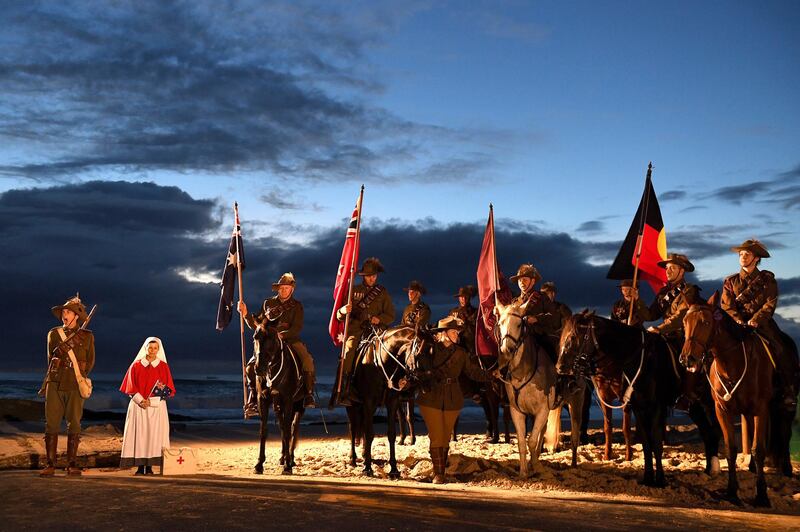The UK's youngest terrorist, who at 14 was convicted of plotting to kill Australian police officers on Anzac Day, has been given lifelong anonymity after a high-court ruling.
Judges said the teenager, now 18 and identified only as RXG, would likely be under threat of “serious harm” if named.
Originally from Blackburn in northern England, he was sentenced to life in prison for instructing an Australian to launch the attacks on a 2015 Anzac Day celebration. In October 2015, he admitted to inciting terrorism overseas.
A ban on publicly naming him had been set to expire on his 18th birthday but he was given lifelong anonymity on Monday.
“We are satisfied that RXG’s case is an exceptional one. We acknowledge that any prohibition on the identification of a defendant in a criminal proceedings is a serious matter and represents a significant interference with the open justice principle,” said Dame Victoria Sharp in her ruling.
“Nevertheless, on the evidence before us, in our judgment it is both necessary and proportionate.”
The court heard from experts who said identifying the teenager would present additional challenges in his rehabilitation.
“The position is exacerbated by his autism, which manifests itself in his obsessive behaviour,” said Dame Victoria.
“This, combined with his need for recognition and status, makes him very vulnerable to exploitation and potential re-radicalisation.”
His lawyers argued last November that identifying the boy risked re-radicalising him and putting him at risk of attacks. There were also concerns for his family's welfare.
He was recruited online by Australian ISIS member Neil Prakesh, also known as Abu Khaled Al Cambodi.
In 2015, the teenager sent thousands of messages to 18-year-old Sevdet Besim as they plotted to murder police officers at the annual commemoration of Australians and New Zealanders killed in conflict.
It is relatively rare for UK courts to grant lifetime anonymity orders.








